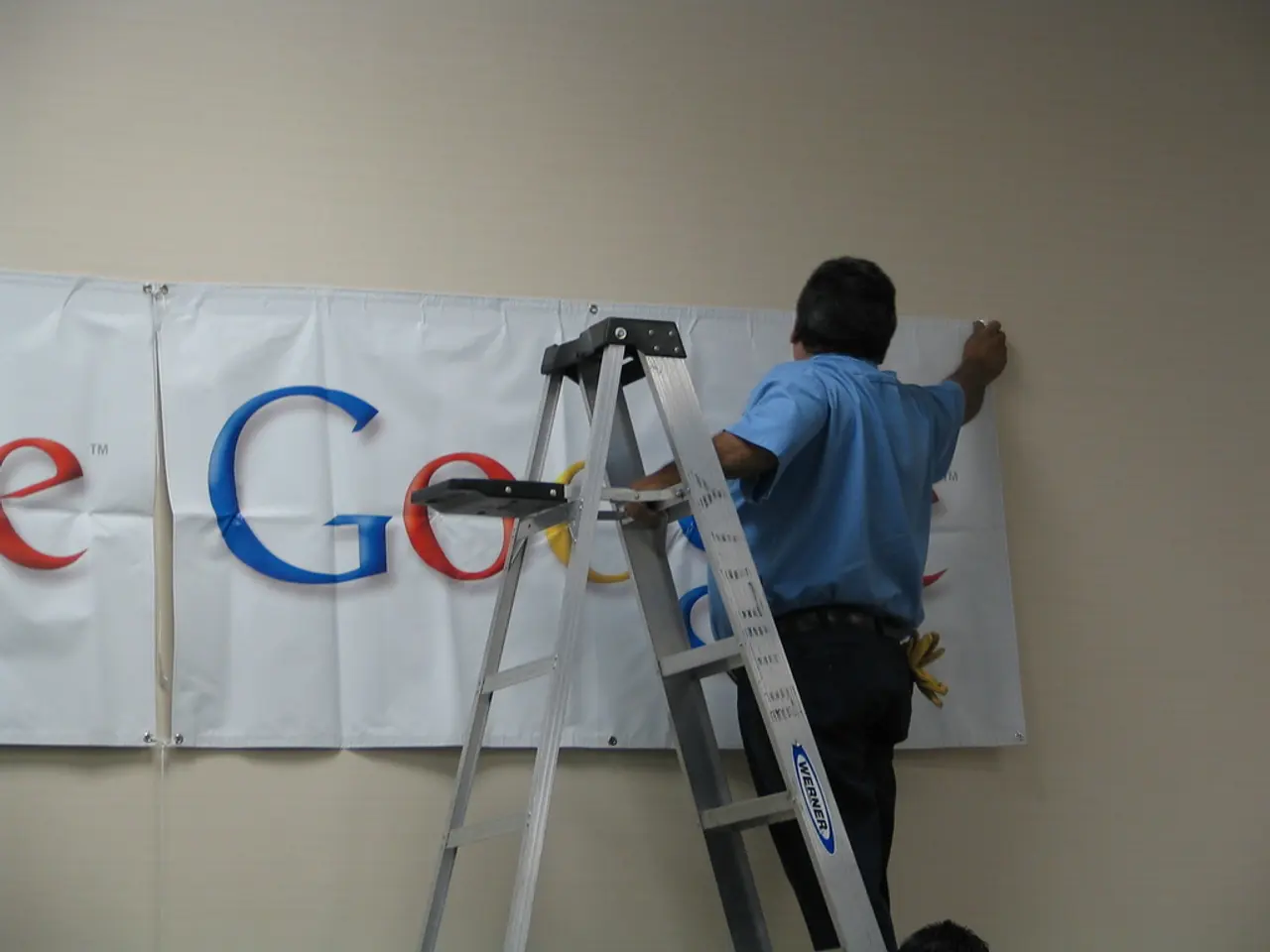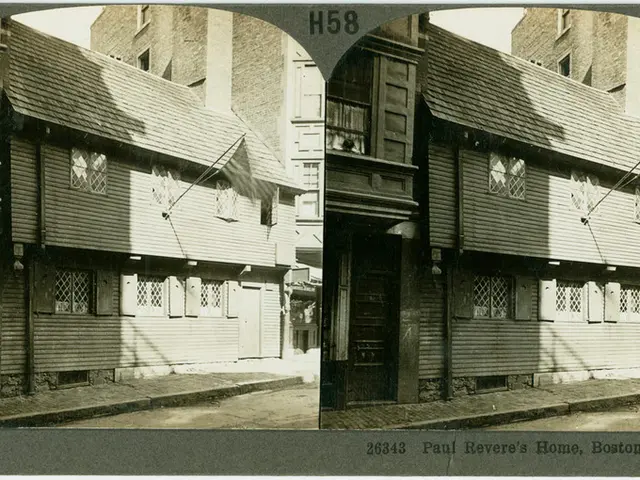Competitor Google Positions Own Blockchain Against Financial Service Companies Stripe and Circle in Digital Currency Space
Google has made a significant stride in the blockchain industry with the development of its proprietary platform, the Google Cloud Universal Ledger (GCUL). Designed specifically for finance, the GCUL aims to simplify account and asset management while facilitating transfers on a private, permissioned network.
The GCUL is positioned as a neutral alternative to competing corporate blockchains from Stripe and Circle. Unlike blockchain platforms developed by payment companies, the GCUL is designed to be a neutral infrastructure that any financial institution can utilize, potentially overcoming adoption barriers from competitors.
Google's strategy for scaling GCUL adoption involves leveraging its vast user base and institutional partnerships. The company plans to leverage its existing distribution network of billions of users and hundreds of institutional partners to drive adoption of the GCUL.
The GCUL blockchain leverages Google's global infrastructure, making it a "planet scale" blockchain. This infrastructure advantage sets it apart from other blockchain networks.
One of the key features of the GCUL is its Python-based smart contracts. This capability differentiates it from most blockchain networks that primarily use Solidity or other specialized programming languages. The Python-based smart contracts on the GCUL platform are expected to streamline the development and deployment of decentralized applications (dApps) for financial use cases.
Google's head of strategy for Web3, Richard Widmann, characterised the GCUL as built specifically for finance with "native commercial bank money on-chain" capabilities and 24/7 capital markets infrastructure. He announced the GCUL in a LinkedIn post, highlighting that the platform incorporates years of company research and development.
The GCUL has already been piloted with CME Group, one of the world's largest derivatives exchanges, and other financial institutions such as Wells Fargo, Citigroup, and Mastercard. Google and CME completed initial integration testing for the GCUL in March. Plans for direct testing with market participants are set for later this year.
The platform currently operates on a private testnet, and additional technical specifications for the GCUL platform will be released by Google in coming months as development progresses. The GCUL blockchain is expected to launch services in 2026.
The GCUL is poised to bring a new level of efficiency and transparency to the financial sector, leveraging Google's extensive global infrastructure and Python-based smart contracts to facilitate seamless account and asset management, transfers, and the development of decentralized applications for financial use cases.
Read also:
- Peptide YY (PYY): Exploring its Role in Appetite Suppression, Intestinal Health, and Cognitive Links
- Toddler Health: Rotavirus Signs, Origins, and Potential Complications
- Digestive issues and heart discomfort: Root causes and associated health conditions
- House Infernos: Deadly Hazards Surpassing the Flames




